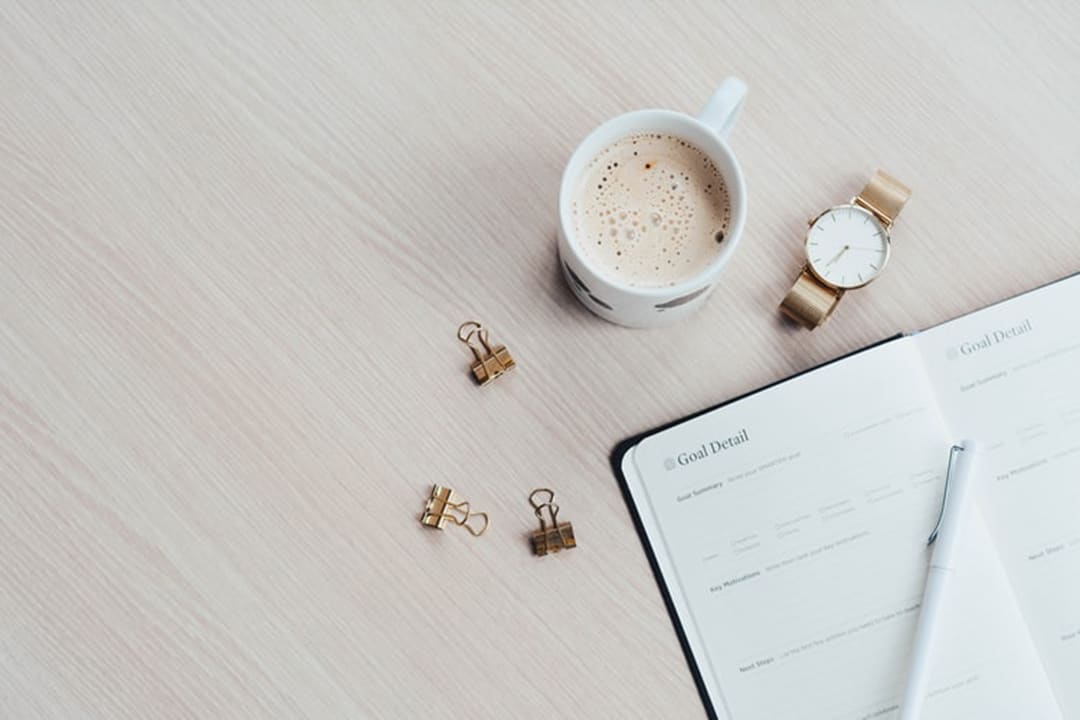10 Tips for those experiencing eating disorders in times of uncertainty
Whilst there are a wide range of eating disorders, there is no one solution for everyone so take these bits of heartfelt advice with a pinch of salt. It’s also important to remember that you should never try anything drastic to upset your mind or your body without the right medical advice. Try one, one day, or try a combination of things every other day, but the most important thing is to take it easy on yourself, take it slow and remember, you are not a failure.
Also, remember that you can still help and support those who you know are experiencing eating disorders by applying these tips in your interactions/communication with them.
- Relax or maintain your routine

Feeling like you are out of control can be very detrimental to recovery. Considering that one of the main reasons some develop eating disorders is because they feel the only thing that is within their control is their eating. Restricting eating can therefore make them feel more in control and less anxious in the short run. Maintaining a routine is important to give a sense of stability and reduce anxiety which could trigger disordered eating. Don’t be too strict with yourself – you don’t need an hour by hour schedule to follow but a rough plan with the intention to follow it, can be helpful so that you don’t find yourself overthinking and over or under eating.
- Exercise in moderation
It’s very easy to jump on whatever bandwagon is being jumped on, especially when it justifies your unhealthy behaviours, for example, when everyone is doing virtual exercise sessions, or when content creators are creating “workout from home” videos, it’s easy to think “I’m going to add this to my (already-excessive) routine and no one will bat an eyelid”. A disruption to your routine, or spending more time at home can make it easy to slip in “just 10 more minutes”. However, you need to remember, that no matter what weight you are, or whatever your BMI is, you should not be exercising for more than the recommended daily amount. Let alone until you pass out or become extremely dehydrated!
- Fill your time
When planning what you will do for the day you could include a creative/reflective activity to give yourself space to explore how you are feeling. Remember that eating disorders are fuelled by feelings of shame and so having time to address how you feel can help you let go of troubling thoughts and feelings before you become so stressed you give in to compulsions. Here is a list of creative activities you could do.

- Social Connection
If the only time you eat is when you are around people, then social distancing doesn’t have to mean isolation. Call a friend, message someone, watch a movie with family and make sure that you don’t feel isolated, particularly at meal times. We know this is difficult as you may feel like a burden, but remember, your closest ones would be honored to support you in your times of need.
- Assert your boundaries
Spending more or less time at home, or more or less time with people we love can often escalate struggles. Perhaps you live with family members that fuel your binge-eating by over-cooking or always presenting a spread of foods, which on the other hand can also increase your anxiety around eating. It is important to communicate what you need to support you, and assert your boundaries in a compassionate way. Whilst it is difficult for you, it may also be difficult for your family members to understand what you are going through.
- Screen time breaks
If you’re spending more time online, remember to take breaks, especially when you’ve been on social media for too long. We know that social media can add to the pressure of looking a certain way. Remember, don’t be fooled by their airbrushing and edits to their online content and even if it isn’t edited (highly unlikely) try not to compare yourself. Clear your social media of anything that makes you feel bad about your body. Just unfollow, unsubscribe and filter your settings. Your mental health is worth it. Read more here.
- Self-compassion
Be kind to yourself. You are so worthy of being treated well, especially by yourself. If you mess up, forgive yourself. These are stressful times and you need to be your own biggest supporter at this time. Treat yourself with the same kindness and mercy that you would show to the people you love the most. Positively affirmate yourself in the mirror every morning if you have to!

- Keep up with the regulars!
It is super important for so many reasons to keep up with your regular hygiene routine. Showering and dressing regularly is important even if there has been a disruption to your routine. Our mental health can be greatly impacted by sleep disturbance so take care of your sleeping pattern, which should include no screen time an hour before going to bed.
- Plan before food-shopping
We understand food shopping can be really stressful. Your “safe foods” that you feel comfortable eating, may not be available or difficult to find and that can be stressful and worrying. Plan in advance before shopping. Think about all of the things you feel comfortable eating and try to think of alternatives should you not be able to find them. You could also reach out to someone before shopping in case you need emotional support.

- Seek Professional/Additional Support
Some of you may already have a support system in place, and maybe your therapy sessions are continuing online. We encourage you to continue attending online support sessions and making the most out of what you have. If you are in a crisis situation do not hesitate to call the appropriate people you would as usual, even if that means the emergency services. You are not selfish for seeking professional support during uncertain times. Be kind to yourself. You could also find more information at Beat. Apps like Recovery Record and Recovery Warriors can help you to track your recovery journey, keep a record of your moods and what you have eaten throughout the day. Headspace or Calm can also help you regulate your breathing to avoid panic attacks and meditate to stay calm in stressful periods so that you can avoid unhealthy coping mechanisms. Don’t forget we offer counselling, and we have a QA service.
Remember you can do this!
No trial is beyond your ability to manage. Allah SWT is with you every step of the recovery process and we pray He makes this easier for you!
Related Articles can be found here.





